

Since console hardware is converging towards PCs (as opposed to specialized hardware stratified by make), as well as the expansion of the PC market (which has a massive range of hardware of varying price points and capabilities) the benefits of making a game against the limits of a specific console is less and less of a good idea versus targeting a wide market. If you aren’t stuck to exclusivity for a single console, then it makes sense to target previous generation consoles if possible in order to maximize the size of the potential market.








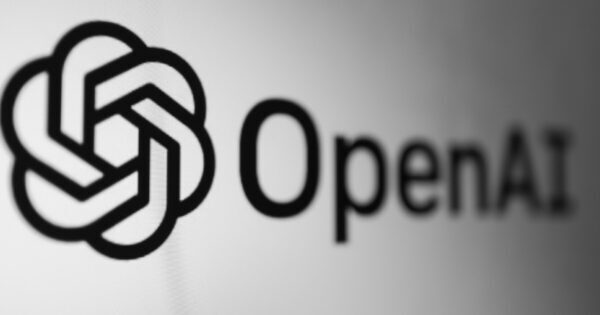






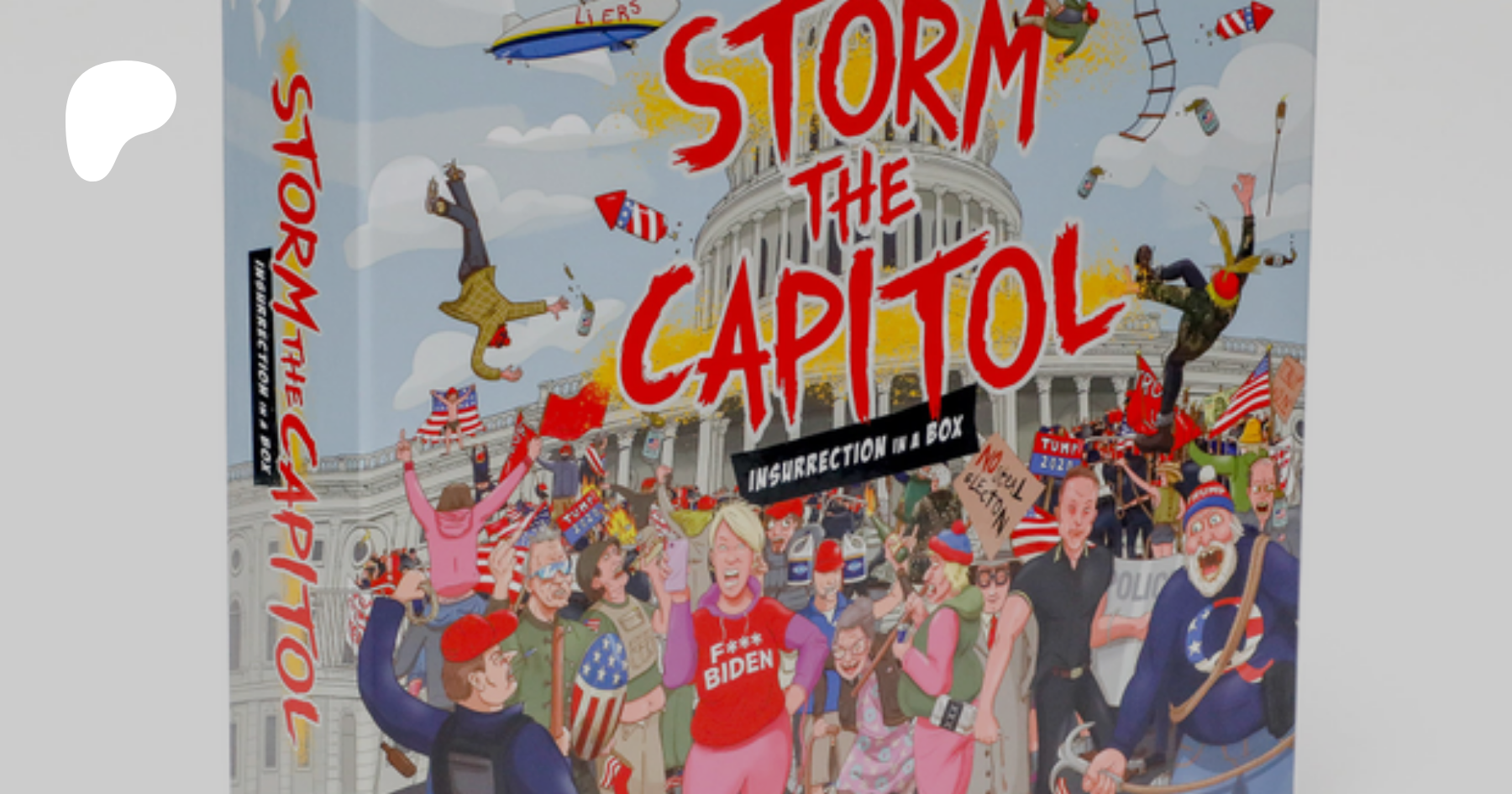


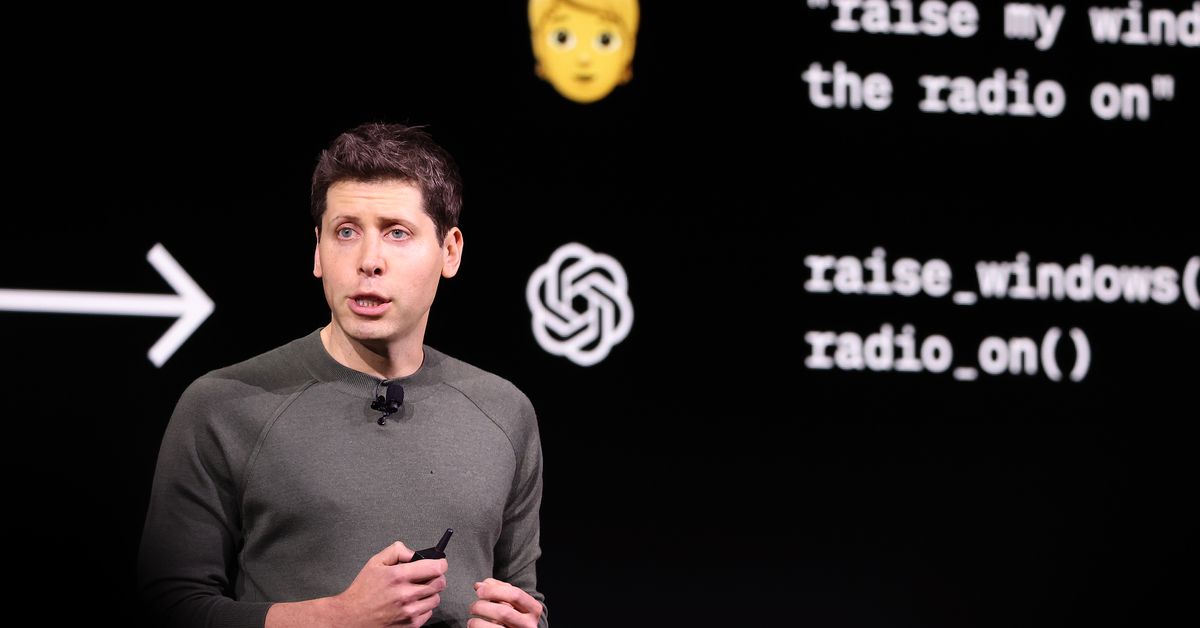
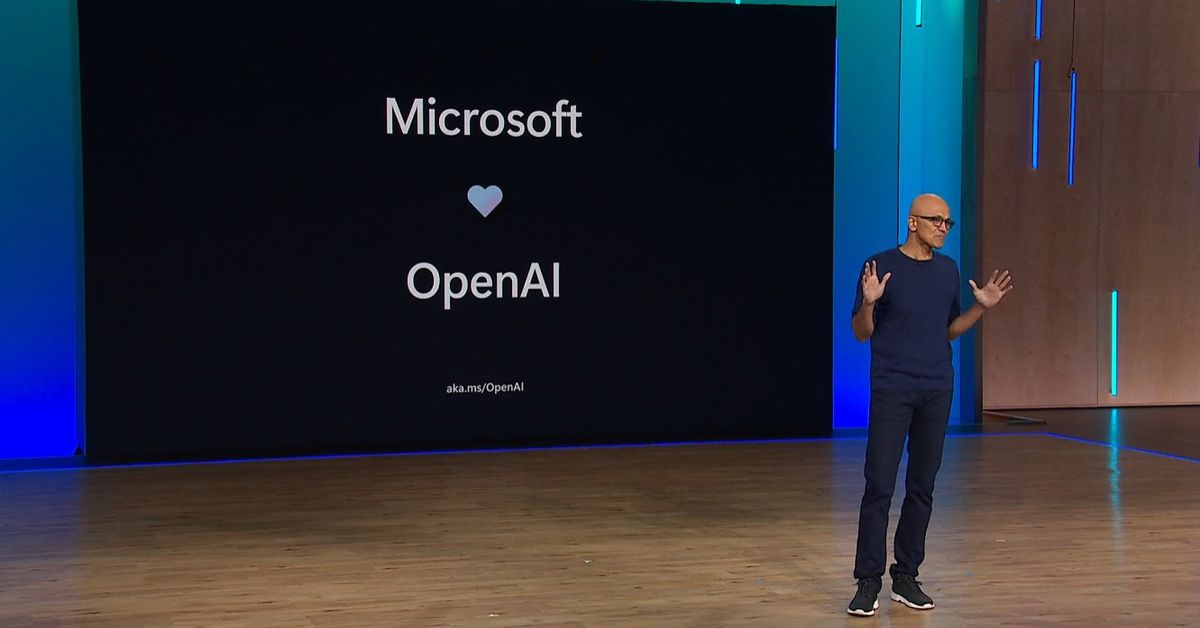
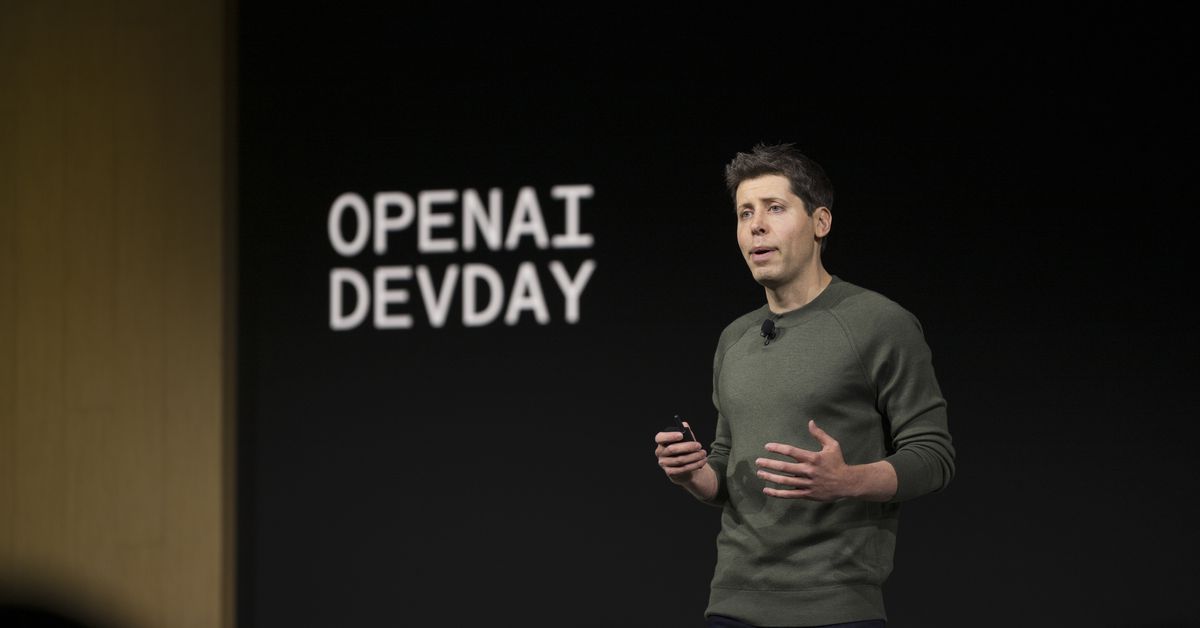

The logic there is that Reform is starting to eat away at the Conservatives, so he called the election ASAP to keep his party as the face of the opposition.